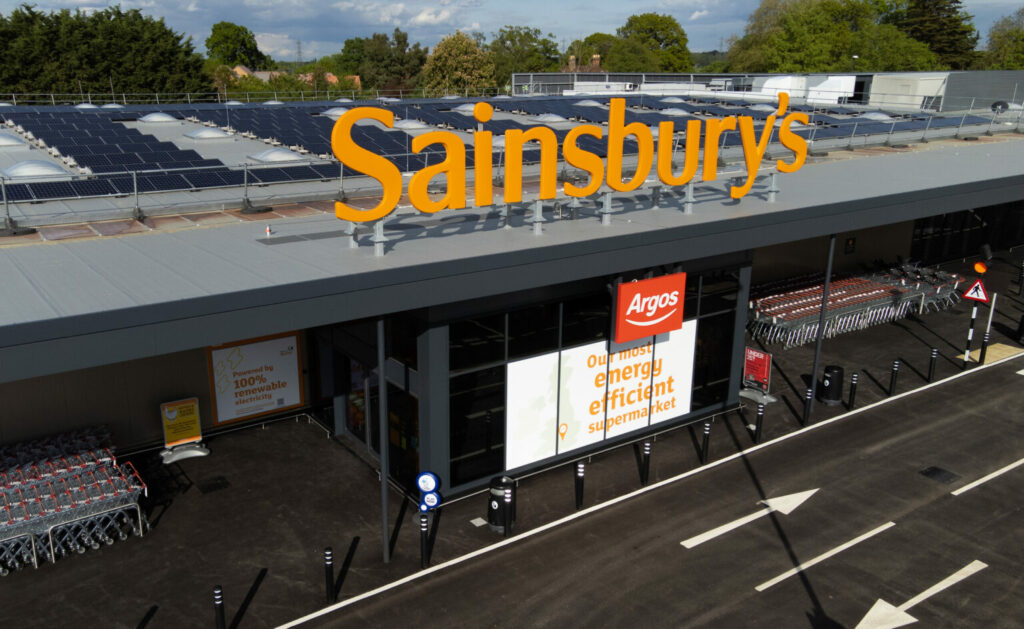The Co-operative Food is looking to expand its rail freight network and further reduce the number of lorries on the road, after cutting carbon emissions by 500 tonnes of CO2 per year.
The Co-operative‘s Logistics Service, which transports more than 1,050 cages every week, say its use of rail has more than doubled in the last three years, and now more than a quarter of The Co-operative‘s produce between Coventry and Scotland is transported via rail – in a number of new Co-operative-branded containers.
A daily rail service is carrying more than 21 containers of produce every week between Daventry, close to the Group‘s National Distribution Centre at Coventry, and a rail freight terminal at Mossend, near to its depot at Newhouse, on the outskirts of Glasgow.
This has led to a reduction of 800,000 road kilometres and an estimated saving of almost 500 tonnes of CO2 per year – compared to an annual saving of around 540,000 miles when the scheme first started.
The Co-operative started using rail freight in 2010 and could roll out its use of rail freight across Scotland and also to the South West of England.
Mark Leonard, Head of Supply Chain Logistics Service, said: “The rail freight initiative has been a big success for The Co-operative – taking increasing lorry loads off the road and radically reducing our carbon emissions.
“We have worked really hard to ensure efficient and reliable deliveries to Scotland and, more importantly, we have now created a blueprint for potentially rolling out the rail freight service to some of our other depots across the country.
“Combating climate change is a key priority for The Co-operative, and Logistics has a major role to play in reducing its CO2 emissions, and rail freight is an area we are keen to expand to help us save significant amounts of carbon every year.”
The Co-operative rail freight service is operated by freight carriers W H Malcolm who move 10 containers and around 500 roll cages of ambient grocery stock between the two sites every week.

















